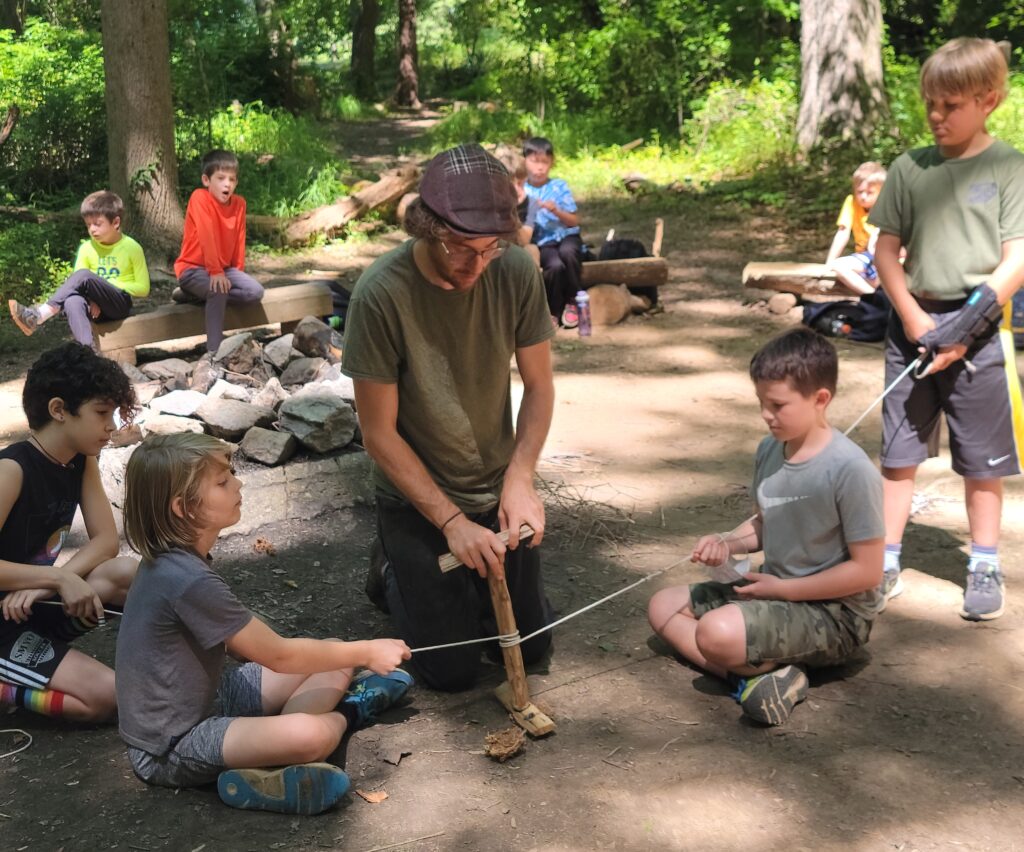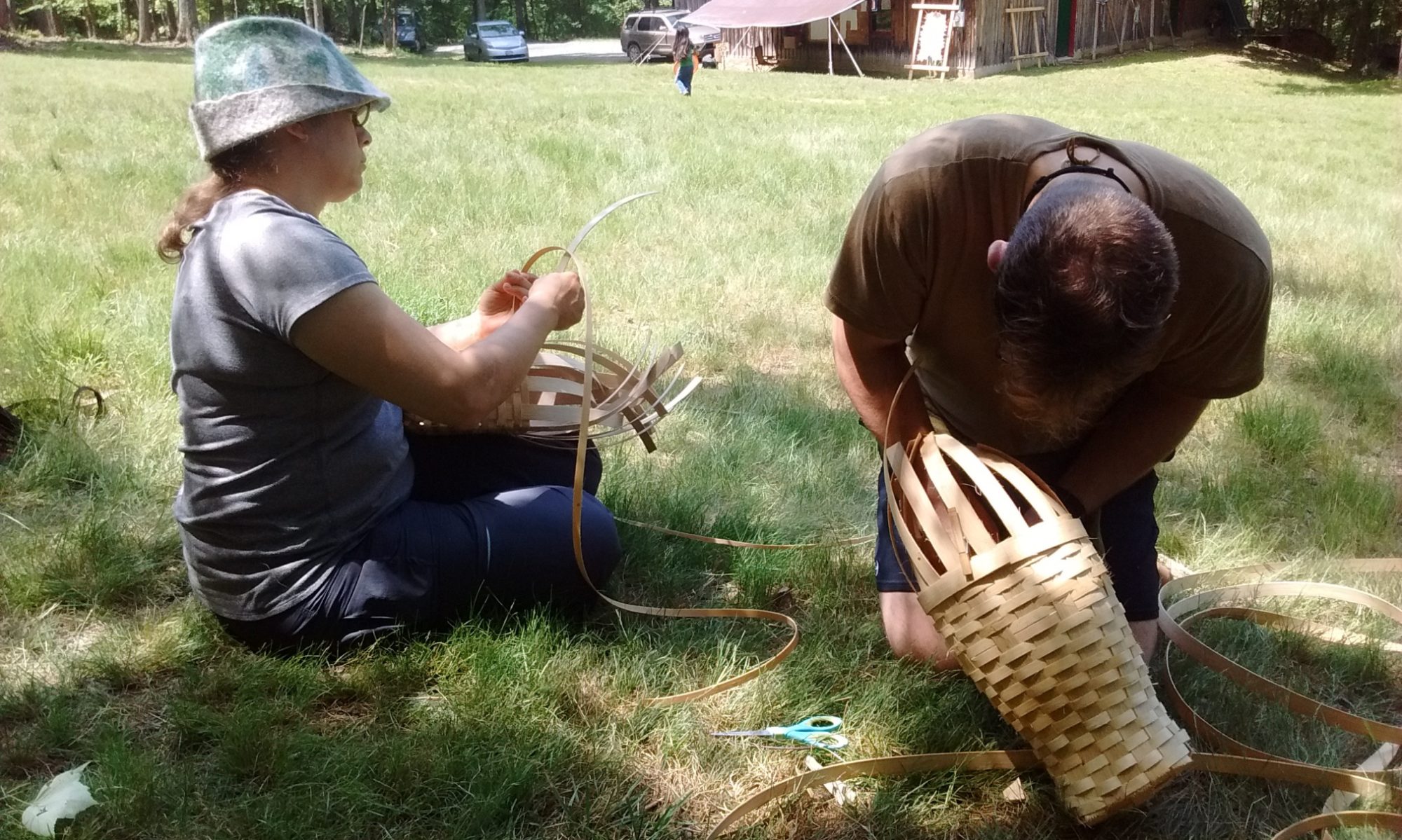While most people may think of primitive skills/bushcraft in purely practical terms (e.g. making a shelter to stay dry, firemaking to cook and keep warm), an often overlooked aspect of learning and practicing these skills, is the community and sense of empowerment that comes from being in nature.
When I began working at the Wood Wise summer camps, the bulk of my nature experiences, like most people from cities and suburbia, came from yearly camping trips with my family. I remember our tried and true method of making a fire: drive to the camp site’s store, buy firewood and then douse it in lighter fluid and light in the fire pit. Fire in addition to being one of humanity’s earliest and most important discoveries is also a community builder. Most can attest to the comradery and familiarity that a camp fire brings.
When I started working at Wood Wise Camps, I was introduced to Bow Drill:
Bow Drill is one of the oldest fire making tools, consisting of a wooden bow, tied with some form of cordage, a hearth board, a handhold, and a spindle. It has been used by people from North America to Egypt. The Egyptian style of Bow Drill has been used since around 2000 BCE, The Egyptian bow drill differs from other styles by tying the spindle to the string using a clove hitch and then wrapping the excess cord around it.
One of the activities we did at camp, was group bow drill. Seeing a group of around six people, pushing and pulling a rope, easily working in tandem to reach our goal of fire, reminded me of something I think we’ve lost in modern society, community. For most of our history, people lived in smaller, more connected communities with every person having a role to play in it. I think by practicing these skills and getting back to nature, we not only gain survival skills but a direct link to how our ancestors lived.
I would consider myself to be a fairly shy and withdrawn person, but being able to connect with this small pocket of community and to act as a Mentor with these skills, has grown my confidence. I have seen this same transformation take place in the kids I’ve taught, children have come to programs shy and timid but upon getting into the woods, building debris shelters and experiencing nature, they come alive.
Today, it’s important to engage in a community that encourages cooperation and sharing of ideas and technique, especially as trends show every subsequent generation growing more isolated than the last. I can not think of a better way to connect with others and your environment than to learn and practice the skills that our ancestors used to survive and thrive.

By Ben Kamm (Field Instructor in Training)

